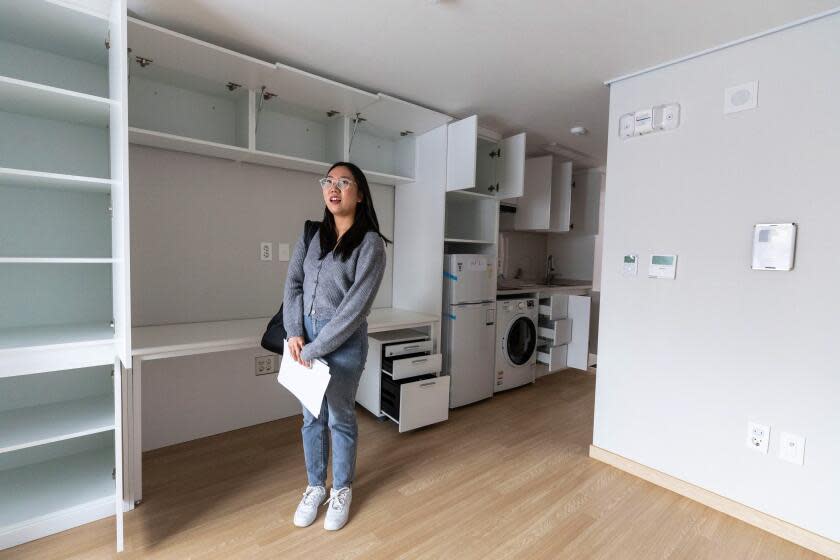Receiving a $7 a month apartment in Seoul is definitely like winning the lottery even if it is tiny:

The studio apartment Choi Soul recently scored might have the cheapest monthly rent in Seoul: 10,000 won, or about $7.
“After I got the text message informing me I got it, I stared at it over and over again for a week straight,” said the 24-year-old college student. “I felt like I could finally start saving for my future.”
The brand-new unit is compact — 226 square feet — but comes furnished with an air conditioner, induction cooktop, refrigerator, laundry machine and plenty of cabinet space.
Choi, who moved in last week, only had to order herself a bed.
Part of a new public housing complex in Seoul’s Dongjak district called Yangnyeong Youth House, the heavily subsidized studio was built for people like her: young South Koreans struggling to find a place to live.
Home to 10 million people, Seoul has one of the most expensive housing markets in the world. The median price of an apartment has doubled in the last 10 years to around $685,000.
LA Times
You can read more at the link, but I wonder if building small studio apartments like this for young people in the U.S. would help the housing issue there? I suspect young people would probably complain about the size. It seems like everyone expects to have a big house and fancy car right out of college now adays.


![A view of apartment complexes seen in Jamsil in southern Seoul [YONHAP]](https://i0.wp.com/koreajoongangdaily.joins.com/data/photo/2023/07/03/d2f01153-3987-493d-94e5-72deffd1bc71.jpg?w=640&ssl=1)





